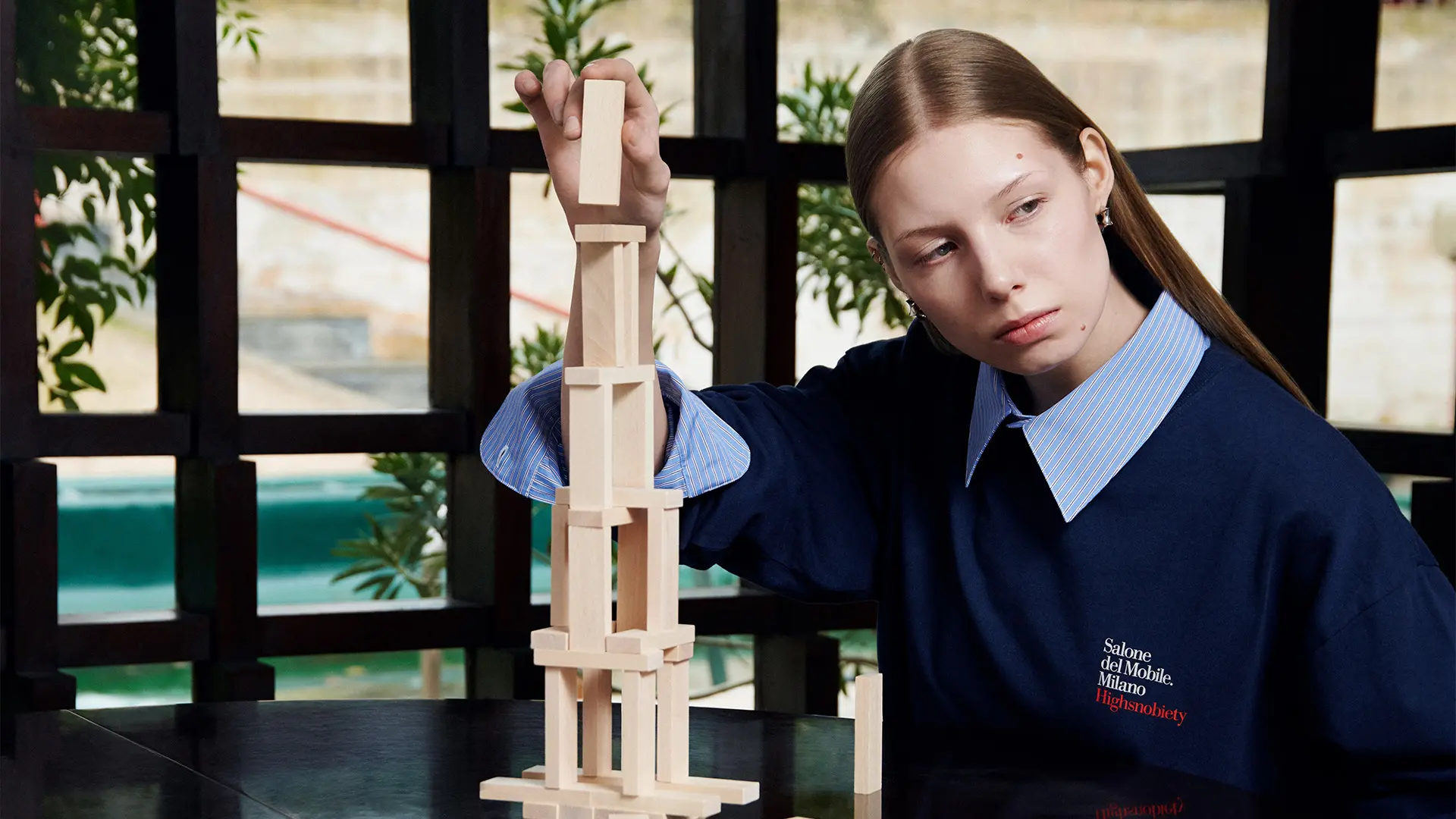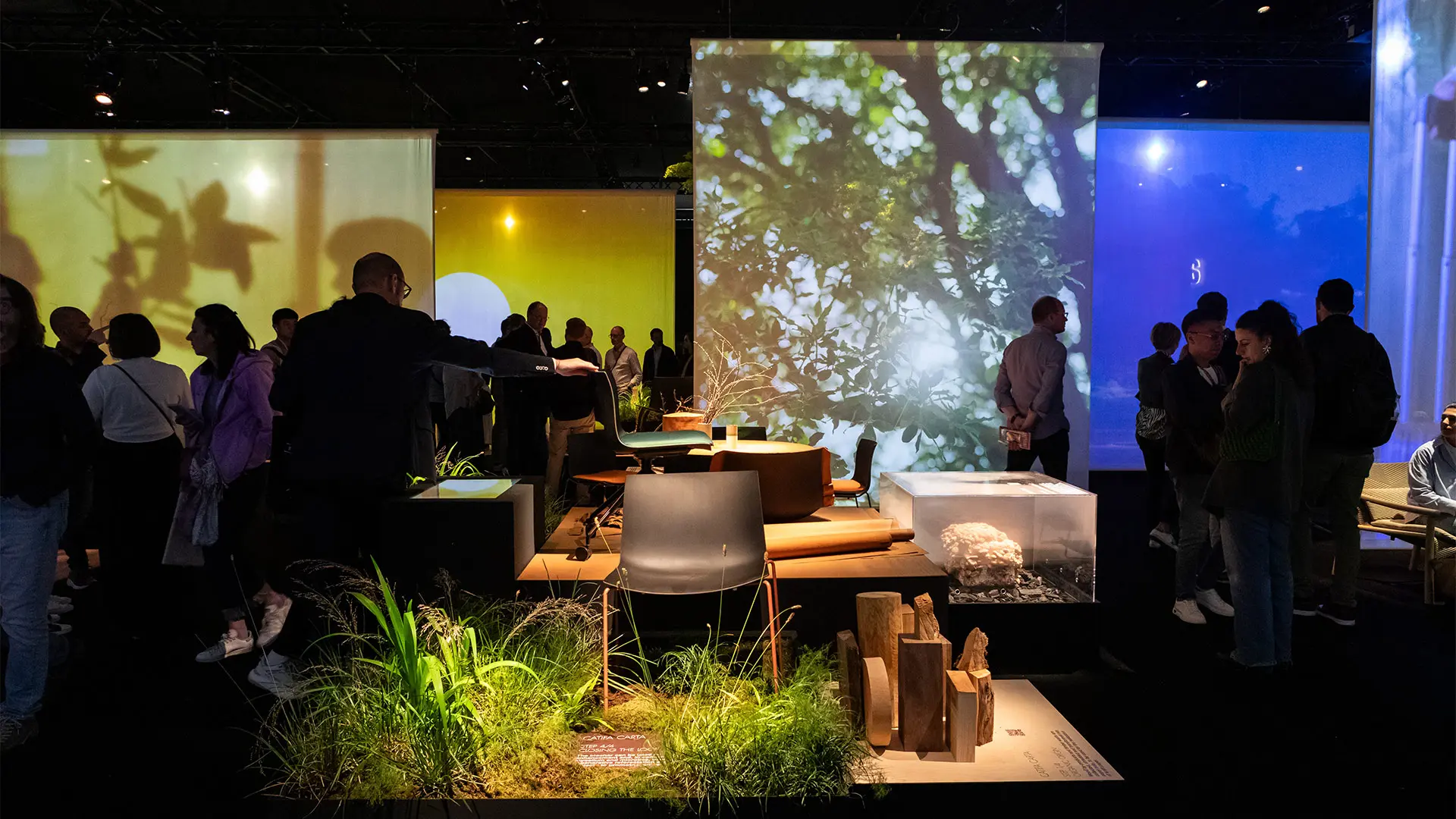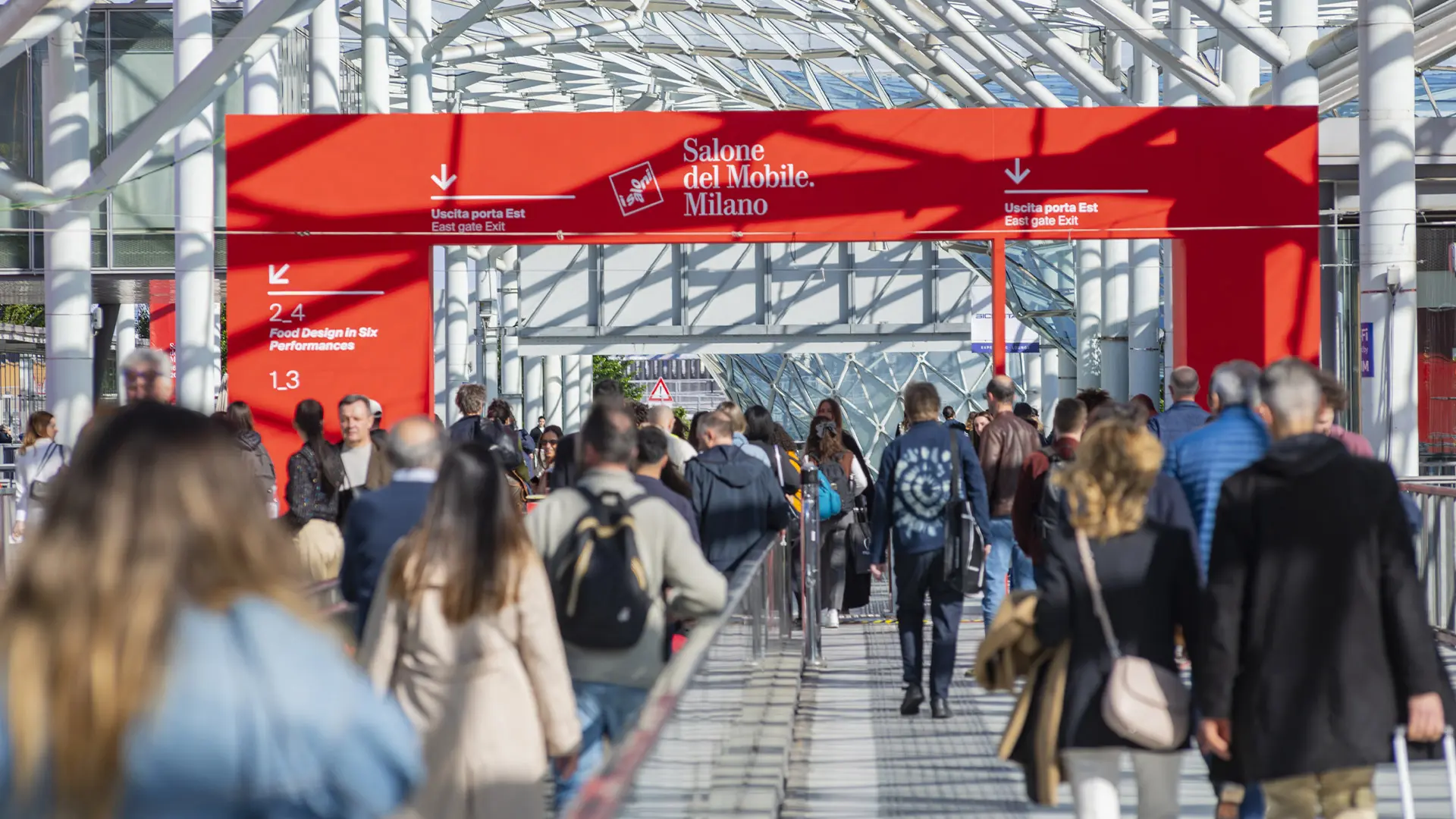Aric Chen: bring young designers back into the centre
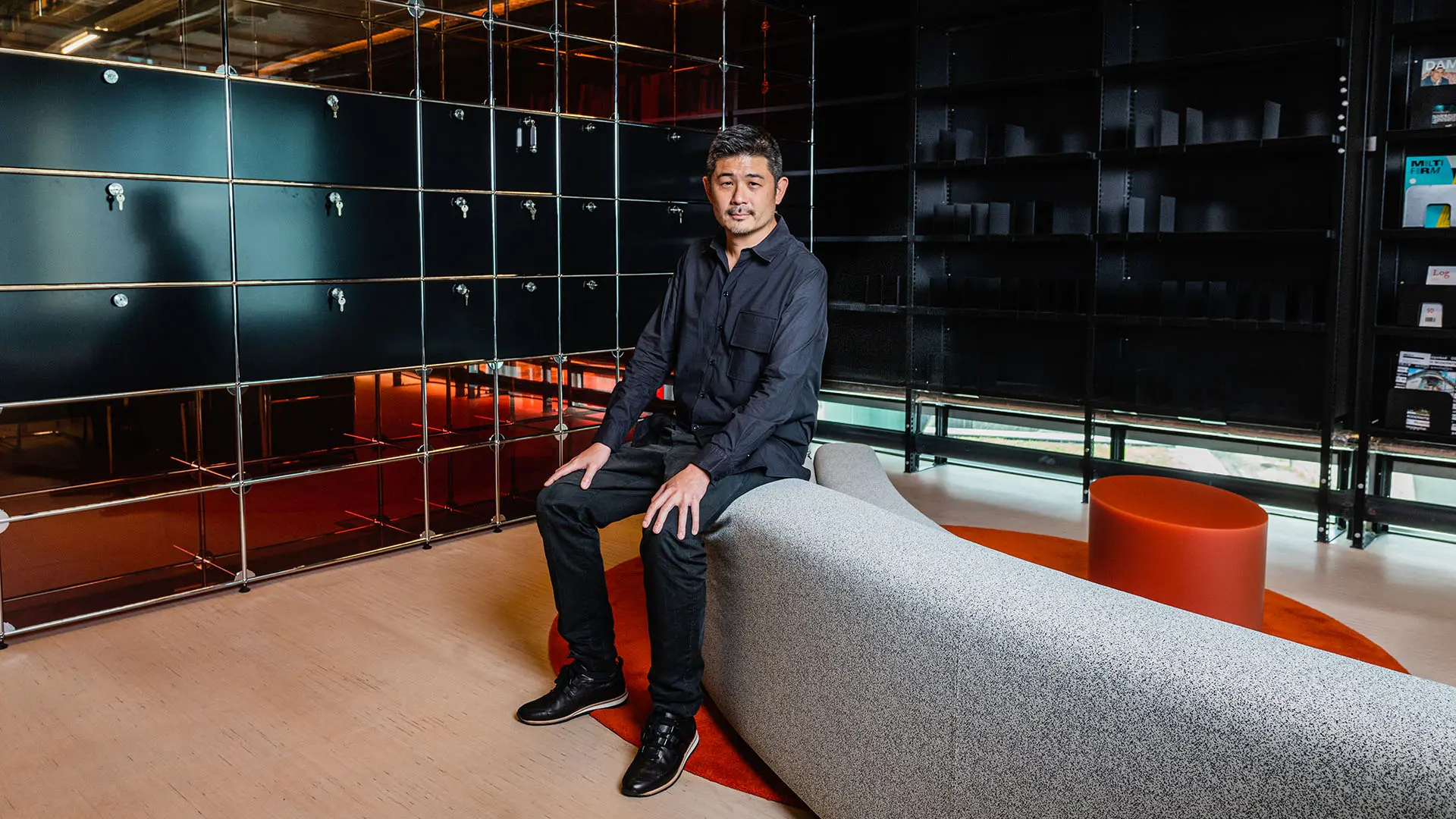
Aric Chen, 2021. Photo by Marwan Magroun
The director of Rotterdam’s Het Nieuwe Instituut believes time is running out: we need to investigate new approaches and new solutions for a world that’s changed. Cultural institutions are the ideal testing grounds. Students, with their multidisciplinary approach to things, can be inspirations for industry too.
“Design is changing the way the world is changing. Formation and research are at the heart of this change.” Aric Chen, former curatorial director of Design Miami, is the general and artistic director of the Het Nieuwe Instituut, the institute for architecture, design and digital culture in Rotterdam. In his vision, Chen sees young people as the drivers of innovation and their multidisciplinary approach to things as the key to the revolution we all need.
Design has always responded to the concerns and demands of contemporary life. What changes are the demands and, especially, the approaches. What are the confines of the disciplines? That’s not something that bothers students much. They are more comfortable thinking in a multidisciplinary or even non-disciplinary way. I find it really encouraging because the demands and the problems that we face today are different to the ones we came up against in the past. Technology has made for a complicated world: there are no simple solutions. The way the disciplines were structured is perhaps not as helpful as it used to be.
New materials geared to ecology, climate change, social division, equality, justice and inclusion. Also on rethinking our production and consumption models. Crucially, of the various problems we’re facing, both ecologically and socially, a lot depends on how production and consumption are structured these days. Seeing that young people take nothing for granted is encouraging too.
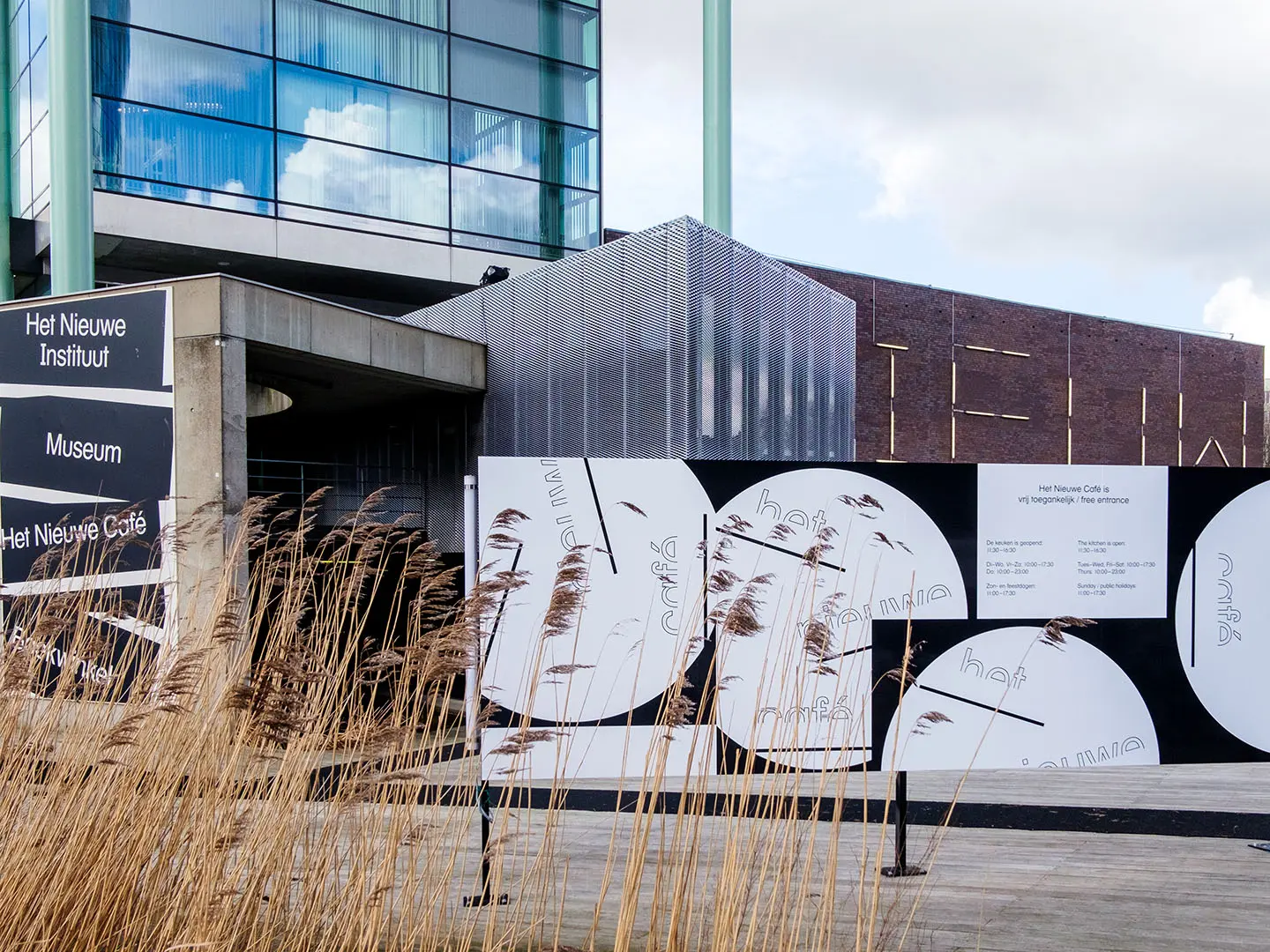
Het Nieuwe Instituut. Photo by Johannes Schwartz
Yes, absolutely. It’s wonderful to see that students have been given such a lot of space here at the heart of “supersalone” (at The Lost Graduation Show, Ed.). I think the pandemic has accelerated phenomena that were already ongoing and has forced us to make what were already necessary changes. I think the shock has led the design industry to experiment and derive some benefit, concretising some of the changes that perhaps we needed. How we organise events, for example, which are becoming more hybrid forms of encounter. This year’s “supersalone” really was something completely different, fresh, with no huge megastands, focused, alert, demanding. That’s no bad thing. I predict changes in other fields too in the next couple of years or maybe less, in business, in education, in the cultural institutions.
The Institute’s strong point is questioning and rethinking existing practices. The archive allows us to look back at the past or reflect on the present and the future, and we can do this in a way in which theory becomes closer to practice. Reflection, research and theory are all fascinating possibilities, but time’s running out. We can’t just go on theorising in the abstract. I believe cultural institutions have a key role to play – we are a testing ground for enacting theoretical scenarios and experimenting with different approaches, without fear of failure. Learning opportunities for us and for others.

Research Centre, design by Sabine Marcelis. Photo by Johannes Schwartz
Hang on in there. My generation lost many opportunities to bring about necessary change. Seeing how young people think brings energy and hope. As always, the future is in their hands, even though times have been hard. Often, though, it’s at times of crisis that we see great things emerge.







